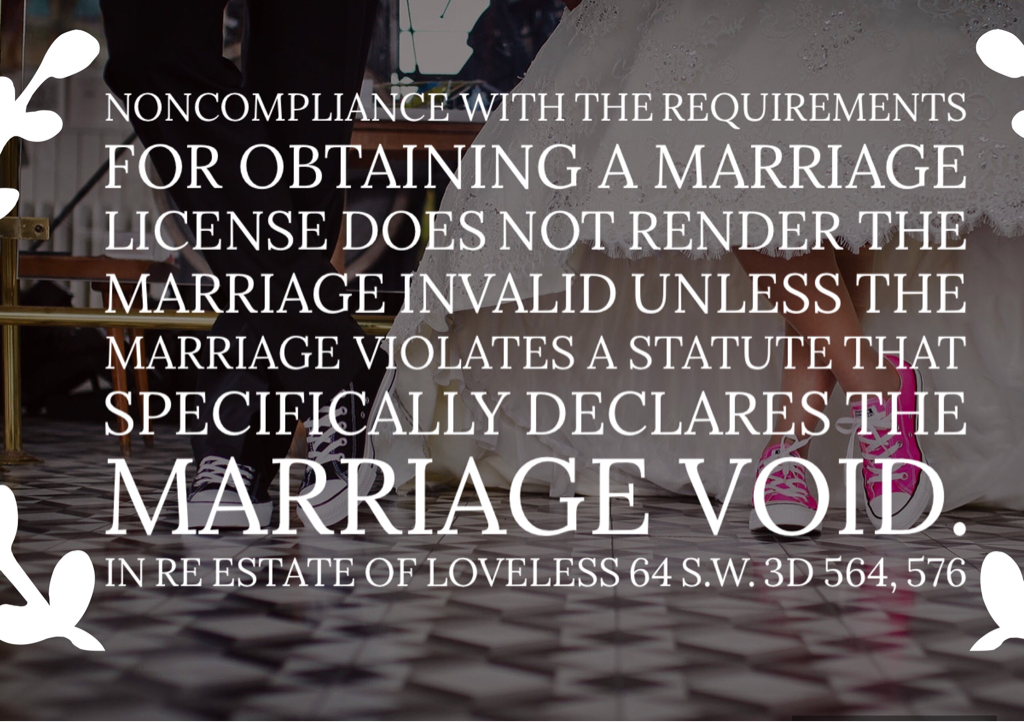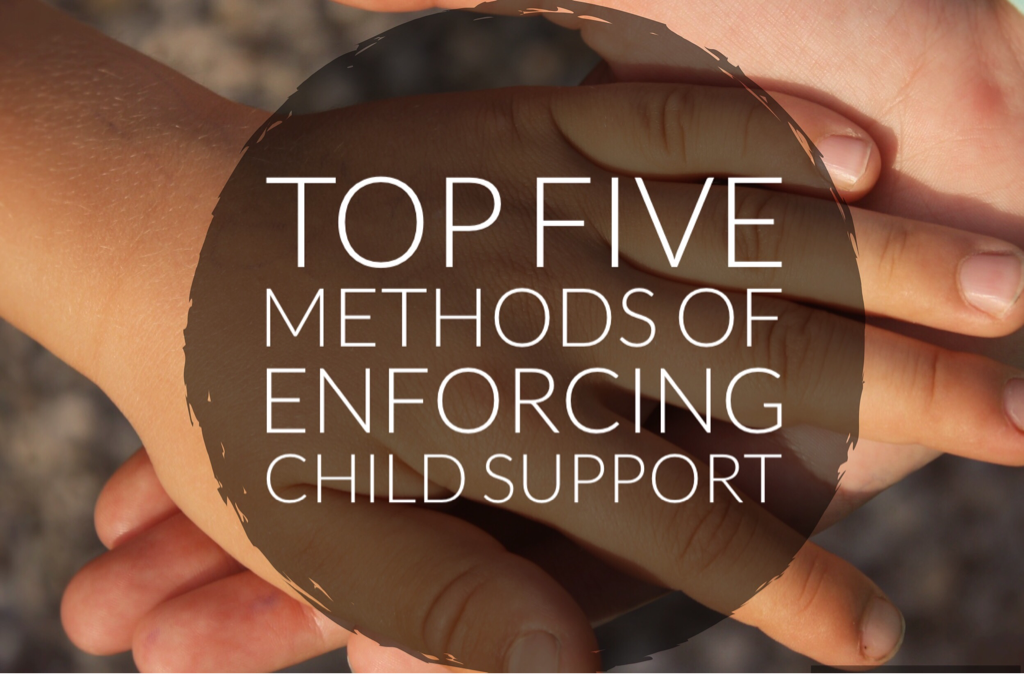|
Recent changes in the legislation as related to child custody evaluations require greater scrutiny in determining whether someone is qualified to be a child custody evaluator. The 2015th Legislative Session established qualifications for an expert to be appointment as a custody evaluator. The following information is helpful and necessary in determining whether an evaluator is trained and qualified to conduct the evaluation. If a child custody evaluation has been ordered in your case, you should ensure your attorney does the following to ensure you have a trained and qualified person conducting your evaluation according to the new child custody evaluation statue (TFC Section 107.101).
1. Get a Resume It may sound elementary, but your attorney should ask the evaluator for a Curriculum Vitae/Resume. 2. Check Evaluation Experience Confirm that the evaluator has a minimum of two years full-time experience in conducting contested child custody evaluations. If not, ensure that the evaluator has conducted a minimum of ten contested custody evaluations under the supervision of a qualified professional. Your attorney should also ask how many contested child custody evaluations the evaluator has completed to date. If the evaluator has conducted adoption evaluations and child custody evaluations, request that they identify the number of cases for each category. 3. Check Trial Experience Additionally, your attorney should ask the evaluator the number of times he or she has testified and/or has been deposed in contested child custody proceedings. On average, professionals who complete evaluations tend to testify on ten to twenty percent of their cases, including depositions. 4. Check the Percentage of Work Your attorney should determine what percentage of the evaluator's practice is dedicated to child custody evaluations and/or forensic work. If the evaluator engages in other forensic work, inquiring as to work other forensic work. 5. Find Out the Total Costs Determine the fees to be charged by the evaluator, to include any retainers required, the evaluatorr's hourly rate, as well the evaluator's rate to testify in court or at a deposition. The average range is extreme and can be as low as $1,000 per evaluation and as high as $20,000 plus per evaluation. In determining whether an evaluation should be conducted in your case, you should be mindful of whether you can actually afford the evaluation. Texas's new custody evaluation statute has placed Texas family law on the cutting edge nationally. Texas is one of the few states with an actual statue related to child custody evaluations. This new statue was written to assist attorneys in effectively evaluating custody evaluators PRIOR to their appointment. You should make sure your attorney is knowledgeable about the new statute and is using it effectively to ensure you get a fair and professional custody evaluation. If you have any further questions, you can contact us at www.the palmerlawfirm.com SOURCE: "Direct and Cross of a Child Custody Evaluation Expert", 42nd Annual Advance Family Law Course http://www.mydivorcefirm.com
0 Comments
There are many ways to enforce child-support orders in Texas. Here is a listing of the top five methods used by attorneys.
5. Judicial writ of withholding. This method is used when the obligor's (one who owes) is behind in their child support in an amount that is greater than or equal to the total support for one month OR if a wage withholding was not ordered at the time child support was originally set. A judicial writ of withholding deducts current child support and child-support arrearage (back child support) is taken our directly from the wages of the parent who owes. Obviously if the obligor's is self-employed, this method won't do any good, but if the obligor's gets a paycheck- this method can be very useful. 4. Levy on financial institutions. This method applies when the obligor's misses a child-support payment and the obligor's has some property. This method places a lien on any real or personal property that is owned by the obligor's. There are some limits on this method because some kinds of property are exempt. 3. License suspension. This method can be used if the obligor's is in arrears in the amount equal to or greater than three months of support AND the obligor's has been given the opportunity to make payments under a repayment schedule AND the obligor is not keeping that repayment schedule. This method is really a "nuclear option" and so as you can see there are several conditions that have to be met before a judge will order it. However, it can be a VERY effective method to get the obligor's attention if they repeatedly fail to pay child support. 2. Levy on financial institutions. This method is also very effective to get the attention of an obligor because it freezes the obligor's financial accounts until the financial institution pays the child-support arrearages from the accounts. This method can be tricky because you have to first have the amounts owed judicially determined AND to be effective, you need to know which accounts have money in them- which can be difficult to determine. 1. Contempt. This is the most common, and often the most effective method. This is used any time an obligor misses a payment or makes a late or partial payment. It subjects the obligor to incarceration (jail time), community supervision and/or payment of a fine. There are two kinds of contempt- civil and criminal and you should talk to an attorney about which method is the best to do what you want- which is to get the obligor to pay. When seeking to enforce a child support order, obliges (parents owed the money) have to be aware that there are often strict deadlines that have to be followed. It is important to IMMEDIATELY seek the assistance of licensed family law attorney to make sure that you don't miss your deadlines. For more information, you can contact us at www.thepalmerlawfirm.com. |
Need more information about this or other family law topics in Texas?
Click the button below to book a FREE ATTORNEY CONSULTATION (832) 819-3529
Attorney Sean Y. Palmer has over 20 years of legal experience as a Texas Attorney and over 25 years as a Qualified Mediator in civil, family and CPS cases. Palmer practices exclusively in the area Family Law and handles Divorce, Child Custody, Child Support, Adoptions, and other Family Law Litigation cases. He represents clients throughout the greater Houston Galveston area, including: Clear Lake, NASA, Webster, Friendswood, Seabrook, League City, Galveston, Texas City, Dickinson, La Porte, La Marque, Clear Lake Shores, Bacliff, Kemah, Pasadena, Baytown, Deer Park, Harris County, and Galveston County, Texas.
Call (832) 819-3529 If you live in the Houston area and would like to consult with one of our attorneys, please leave your information below.Archives
July 2024
Categories
All
|
The Palmer Law Firmwww.thepalmerlawfirm.com
(c) 2024 Sean Y. Palmer |
DISCLAIMER:
This website is for educational and informational purposes only and is not, nor is it intended to be, legal advice. Viewing of this website does not create an attorney-client relationship. All legal matters should be discussed with a licensed attorney before you take any action. You should consult with an attorney for advice for your individual situation. Sean Y. Palmer is the attorney responsible for the content of this site. DATA NOTIFICATION: Pursuant to the Health Insurance Portability and Accountability Act, and the Texas Medical Records Privacy Act of the Texas Health and Safety Code, consumers are noticed that their protected healthcare information may be transmitted electronically. |





 RSS Feed
RSS Feed